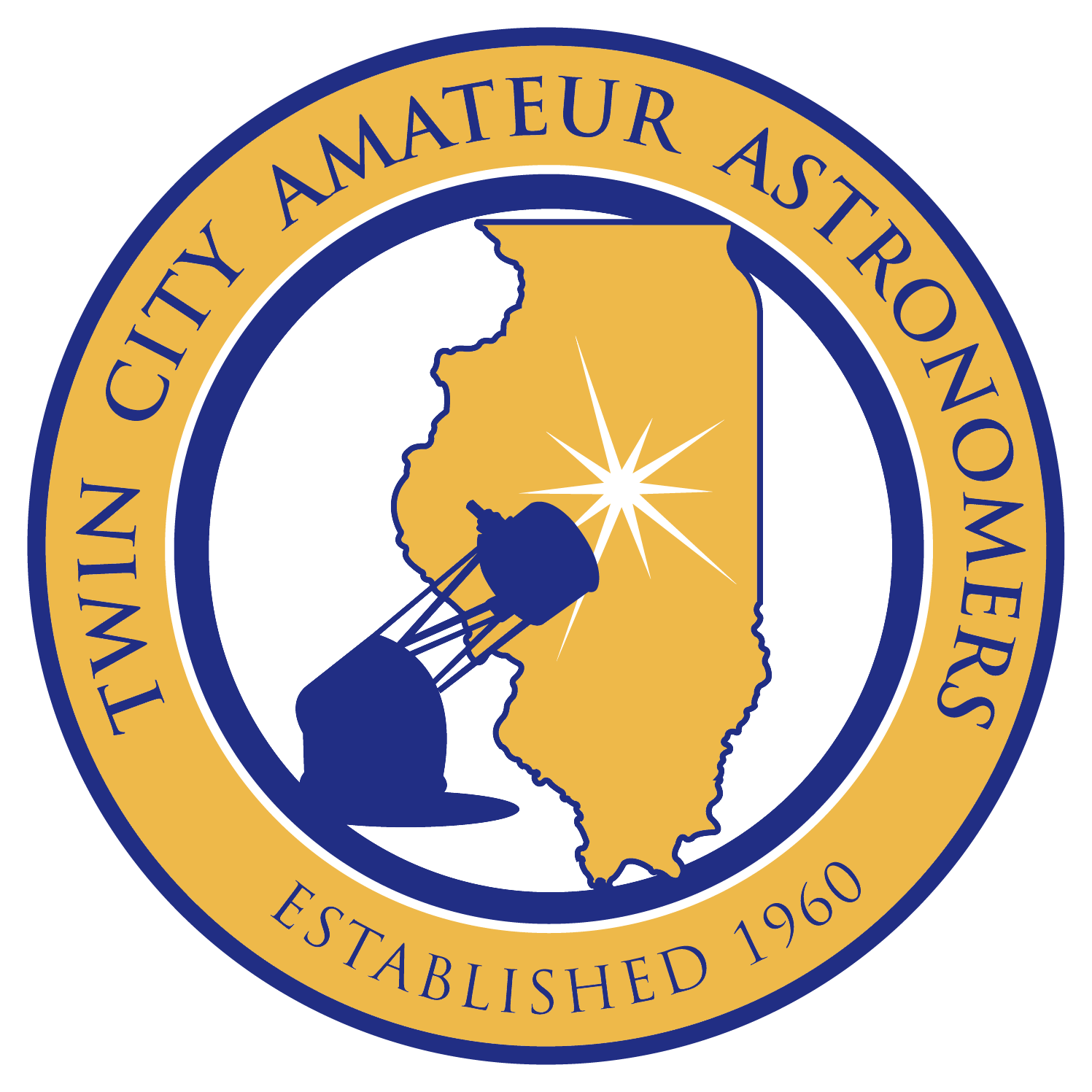The planets orbit around the Sun. Our home planet, the Earth, is just one of the many bodies that orbit the Sun in our solar system.
The planets have been observed since ancient times and were originally know as "the Wanderers" because their position relative to the stars is always changing.
Planets are often grouped into two types, the terrestrial planets and the gas giant planets.
Terrestrial planets are the small rocky planets of the inner solar system. These include Mercury, Venus, Earth and Mars.
The gas giant planets are the larger planets that orbit further from the Sun. These are composed primarily of Hydrogen. They include Jupiter, Saturn, Uranus and Neptune.
There are many other bodies that also orbit the Sun, including asteroids, comets and a variety of "dwarf planets." Among the dwarf planets is the small world known as Pluto which is thought to be made up of rock and ice.
To see when the planets will be visible, please visit our Planet Rise Time page.
To view the positions of the planets, please visit our Planet Position page.
Mythology of the Planets
| Planet | Greek | Roman | Babylonian | Day of Week | Symbol |
|---|---|---|---|---|---|
| Sun | Helios | Apollo | Shamash | Sunday |  |
| Mercury | Hermes | Mercury | Nabu | Wednesday |  |
| Venus | Aphrodite | Venus | Ishtar | Friday |  |
| Earth | Gaia | Fauna | Ki | none |  |
| Moon | Artemis | Diana | Sin | Monday |  |
| Mars | Ares | Mars | Nergal | Tuesday |  |
| Jupiter | Zeus | Jupiter | Marduk | Thursday |  |
| Saturn | Kronos | Saturn | Ninurta | Saturday |  |
| Uranus | Uranos | Caelus | n/a | none |  |
| Neptune | Poseidon | Neptune | n/a | none |  |
| Pluto | Hades | Pluto | n/a | none |  |
